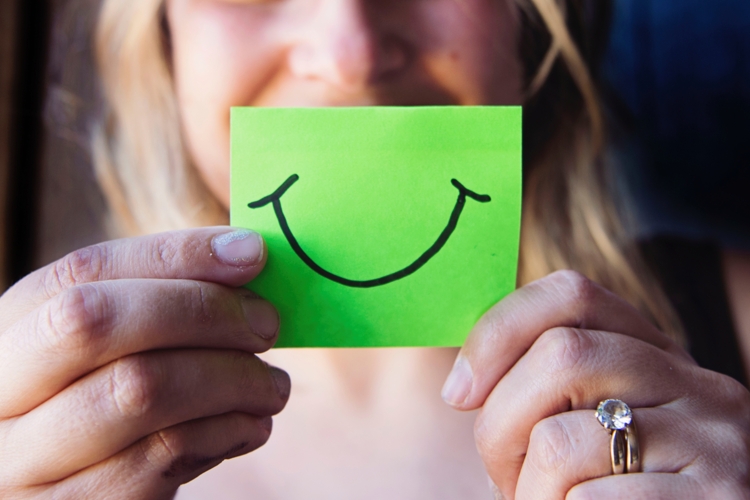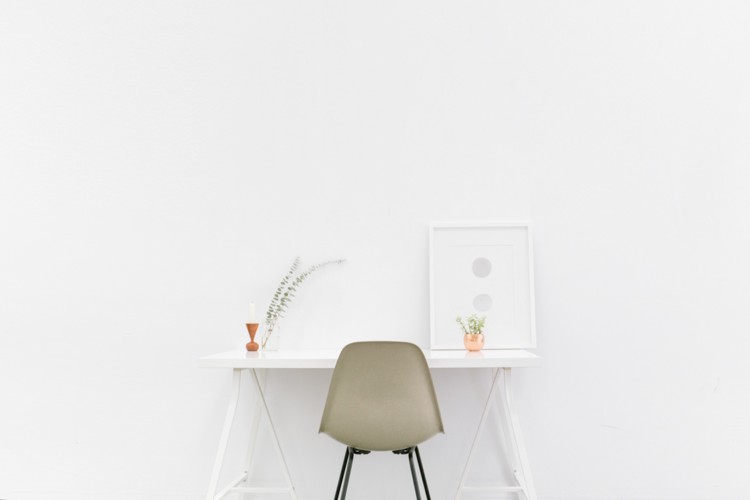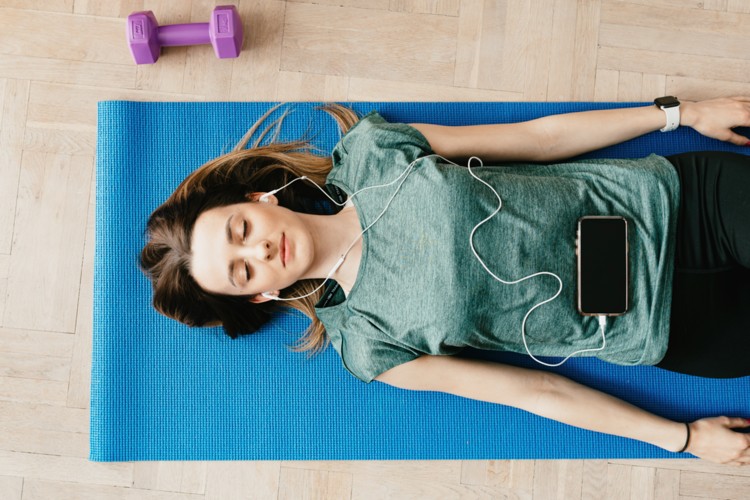7 Ways to Optimize Your Time and Impact
RAFT Team, February 22, 2021
These days it’s difficult to focus on the task at hand. You have message alerts on our phones, email alerts on our laptops, news to check, twitter to scroll, Instagram to browse, snacks to make, and people and pets to tend to. You’re holding the world’s uncertainty in your head and exhaustion in our body. Is there an answer to the madness? Is there a way to optimize your time and impact in this season of change?
While there is no perfect solution, there are ways to take steps forward into greater focus. You can increase your productivity, remain present, and build better relationships as you take these steps. But you must also remember to be gentle with yourself because almost everyone has less capacity right now.
Add visual cues around you.
If you’re a highly visual person, consider adding simple reminders to your living and working space. Maybe you need a “one thing at a time” sticky note on your desk. Or a “slow down and breathe” notecard on your dashboard. Target the areas you know you struggle with the most, and pin your positive framing for those areas in key places.

Schedule time for self-care.
Self-care feels hard to justify at times. You’re too busy to stop and tell yourself you’ll be fine. You might promise yourself that once you get through this season you’ll take a day off. But if you’re honest with yourself, you know you really should take care of yourself better. As you sit down at your desk to work, take a moment to determine one way you can dip into self-care in the next 24 hours. Then put it on your calendar and guard it like you guard your scheduled time with clients. (This last part is the hardest part!)
Remove clutter.
When you’re busy, it’s easy for the clutter to grow. You’re running here and there and the mail starts to pile up on the counter, the laundry sits on the back of the couch, and you can’t ever seem to find your keys. Research proves that this clutter creates stress. It also distracts you, which leads to lower productivity and lower satisfaction as a result. Clutter makes your space difficult to clean, and a dusty space can irritate your eyes and nose and throat. Is there a way out? Is there a way to optimize your time? Consider a purge. Maybe it’s your closet. Maybe it’s your kitchen storage container collection. Or a pile of papers on your desk. And because this is probably an overwhelming proposition, see what you can accomplish in 10 minutes. Set a timer, get to it, and stop when the timer goes off.

Clutter shows up in other areas of life, too. Consider turning off social media notifications on your phone. They distract and pull you from the task at hand. And if you’re honest with yourself, you know you’re going to scroll through it all later anyway. Maybe you could even remove a few apps from your phone that no longer serve you.
And don’t forget about emotional clutter. Is there a narrative you continually return to? Maybe it’s about self-doubt or your value. The next time this script starts to run, try making a small positive shift in your thinking. One that you can really believe. It’s a first yet powerful step to removing that emotional clutter from your life.
Change up your playlist.
Most people use music to enhance the way they feel. Consider shifting up your playlist. Turn on something that sounds like you want to feel. Maybe you’re exhausted — try something peppy. Maybe you’re stressed — try something mellow rather than something to amp you up and district you. Or just try a new artist or genre. Or a new podcast. Often, this type of change can shift our perspective and help us see the world a little differently.

Turn off electronics during time with others.
When you’re with others, optimize your time and impact by silencing your electronics. Better yet, leave them in the other room or turn them off all together. This will allow you to focus your attention on who and what’s right in front of you. No one likes talking to someone who continually interrupts the conversation to answer texts or check their latest Instagram likes.
Consider turning off your electronics when you’re practicing your self-care, too. This will give you a deeper experience and a more positive outcome. And putting your phone in do-not-disturb at bedtime will help you sleep better.
Make your gratitude practice easier.
Everyone knows that a healthy gratitude practice leads to more satisfaction and greater joy. But the realities of making that gratitude happen can be a bit of a rocky road. Instead of saying, “Yes, I really should make a daily gratitude list,” grab a notebook or small journal and a pen and put it beside your bed. That way when you crawl into bed each night, it will be there waiting for you. This evening focus on gratitude can even make sleep a bit more restful.
The easiest way to add a new habit while you also optimize your time is to add it on to a habit you already have, and everyone brushes their teeth every day. If you know you’ll be too tired to pick up that pen at night, put a small notebook in your bathroom, whether in the vanity or in a drawer. You can add to your list during or right after you brush your teeth.
Plan for success.
You may think of success planning as sitting down at the beginning of the year and mapping out your goals. While this can be powerful, consider taking a few baby steps in your success planning. Before you leave your desk for the day, clear it off and prepare it for tomorrow’s workday. You’ll relish the wash of peace you’ll get in the morning when you open your office door and find it ready for business.
Try this same approach with your kitchen or bathroom. Take care of any dishes and clean that sink. It will be shining for you as you stumble in for your morning coffee. You’ll start your day with less overwhelm when your surroundings are more orderly.

These small steps will help set your mental and emotional stage as you start each day. Try one at a time. Add a few. These can help you optimize your time impact and lead you into greater focus, increased productivity, help you remain present, and aid in building better relationships.






